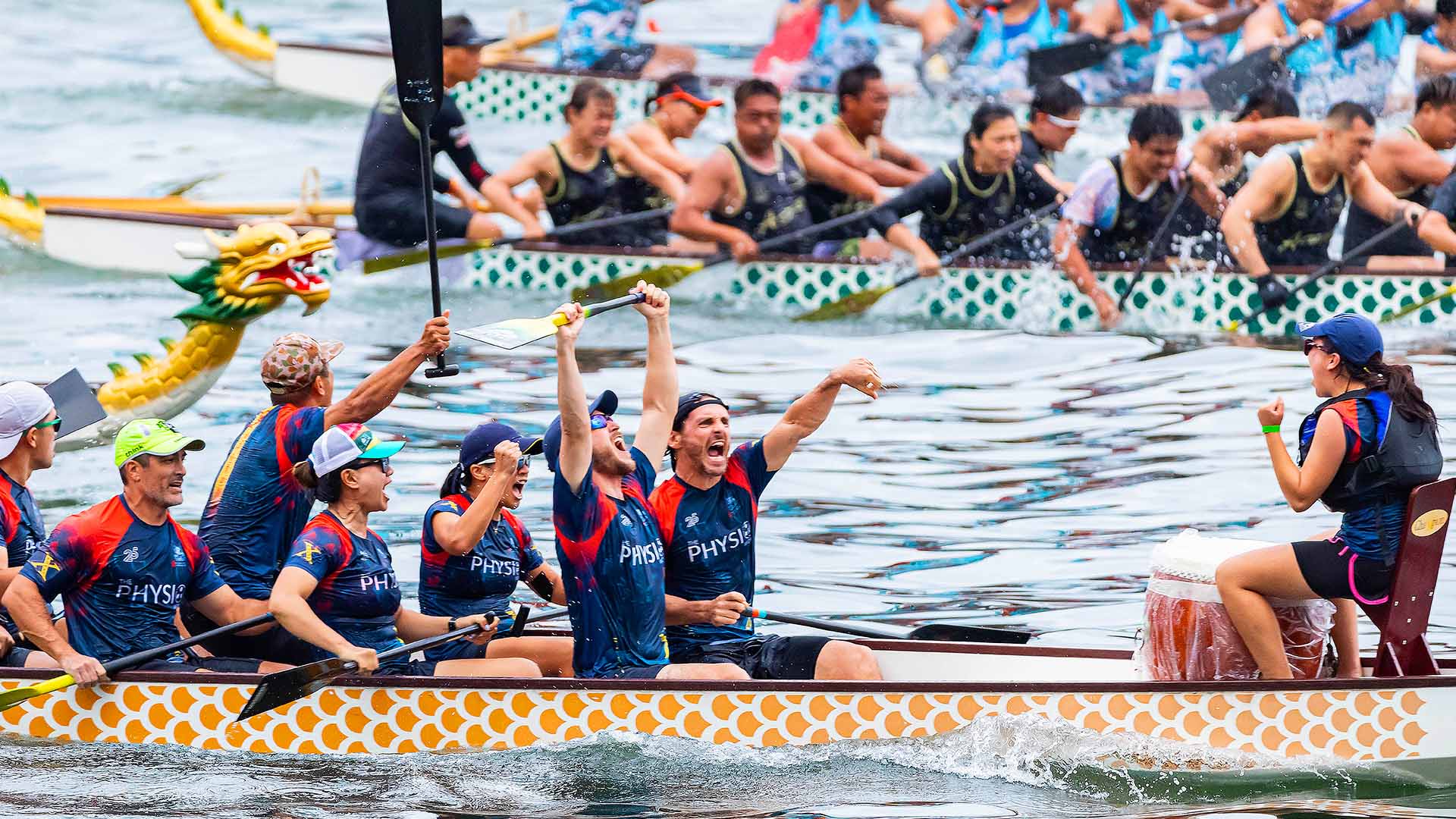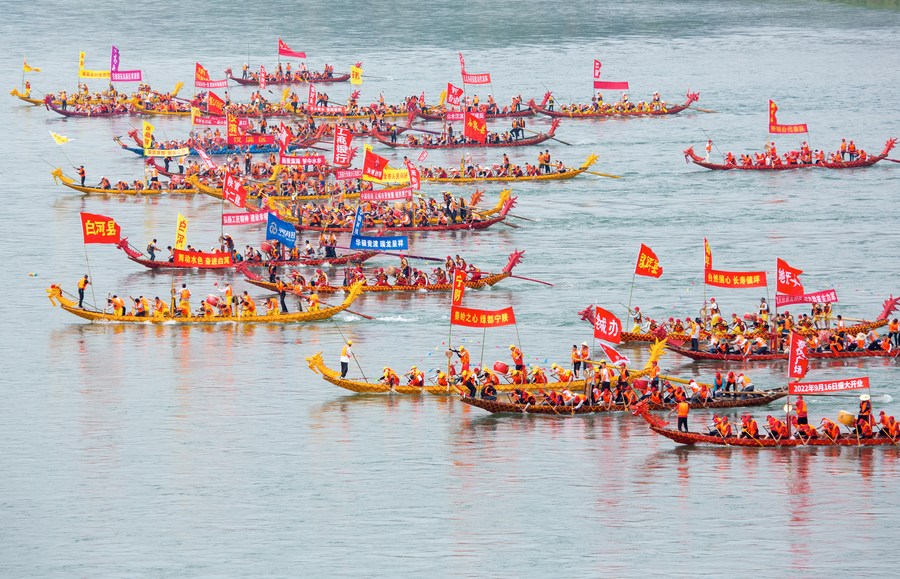
The Dragon Boat Festival, also known as Duanwu Festival, is one of the most significant and vibrant traditional holidays celebrated in China and other East Asian countries. Held annually on the fifth day of the fifth month of the lunar calendar, this festival is a rich tapestry of cultural traditions, historical narratives, and communal activities. This article delves into the origins, customs, and contemporary significance of the Dragon Boat Festival, providing a comprehensive overview of this cherished celebration.
Contents
Historical Origins Dragon Boat Festival

Qu Yuan: The Patriotic Poet
The most widely accepted origin story of the Dragon Boat Festival revolves around Qu Yuan, a patriotic poet and statesman of the ancient state of Chu during the Warring States period (475-221 BCE). Qu Yuan was a loyal minister who advocated for political reforms and integrity, but he fell out of favor due to court intrigues and was exiled. In his despair over the corruption and eventual conquest of his state by the Qin dynasty, Qu Yuan committed suicide by drowning himself in the Miluo River.
The local people, who admired Qu Yuan, raced out in their boats to save him or at least retrieve his body. They beat drums and splashed the water with their paddles to scare away fish and evil spirits. They also threw rice into the river to feed Qu Yuan’s spirit and keep fish from eating his body. These acts of remembrance are believed to be the genesis of the Dragon Boat races and the practice of eating zongzi, sticky rice dumplings wrapped in bamboo leaves.
Other Legends
While the story of Qu Yuan is the most popular, there are other legends associated with the Dragon Boat Festival. In some regions, the festival commemorates Wu Zixu, a loyal and tragic figure from the Spring and Autumn period. Another version ties the festival to Cao E, a filial daughter who drowned herself in the river while searching for her father’s body. These diverse tales highlight the festival’s deep roots in Chinese culture and its connection to themes of loyalty, filial piety, and sacrifice.
Traditional Customs

Dragon Boat Racing
The most iconic and exhilarating custom of the Dragon Boat Festival is the dragon boat race. These races feature long, narrow boats decorated with dragon heads and tails, powered by teams of paddlers. The rhythmic beating of drums sets the pace as teams compete to reach the finish line first. Dragon boat racing is not only a thrilling sport but also a symbolic reenactment of the rescue attempts for Qu Yuan.
Zongzi: The Festival Delicacy
Zongzi, or sticky rice dumplings, are the quintessential food associated with the Dragon Boat Festival. These pyramid-shaped dumplings are made from glutinous rice stuffed with various fillings such as red bean paste, jujubes, pork, or salted egg yolk, and wrapped in bamboo or reed leaves. The preparation and consumption of zongzi commemorate the villagers’ efforts to honor Qu Yuan and protect his body.
Hanging Mugwort and Calamus
During the Dragon Boat Festival, people hang bundles of mugwort and calamus, two medicinal plants, on their doors and windows. These plants are believed to ward off evil spirits, insects, and diseases, bringing health and safety to the household. This custom is rooted in ancient practices of using aromatic herbs for their protective and healing properties.
Drinking Realgar Wine
Another traditional practice is drinking realgar wine, a concoction made from fermented grains and realgar, a type of arsenic sulfide mineral. In ancient times, realgar wine was thought to have detoxifying properties and could repel evil spirits and insects. While the practice is less common today due to the toxic nature of realgar, it remains a notable aspect of the festival’s history.
Tying Five-Color Silk Threads
Parents often tie five-color silk threads around their children’s wrists, ankles, or necks during the Dragon Boat Festival. These colorful threads are believed to offer protection from evil spirits and bring good fortune. Children are instructed to keep the threads on until the first rainfall after the festival, when they are discarded into a river to wash away bad luck.
Contemporary Celebrations
Global Reach and Modern Adaptations
While the Dragon Boat Festival has deep historical and cultural linetogel roots in China, it has also gained popularity internationally. Many countries with significant Chinese communities, such as Singapore, Malaysia, Canada, and the United States, host dragon boat races and other festivities. These events not only celebrate Chinese heritage but also promote cultural exchange and community spirit.
Dragon Boat Racing as a Sport
In contemporary times, dragon boat racing has evolved from a traditional custom to an international competitive sport. The International Dragon Boat Federation (IDBF) governs the sport and organizes world championships, attracting teams from around the globe. Dragon boat racing’s inclusion in events like the Asian Games has further cemented its status as a dynamic and exciting sport.
Preserving Tradition in Modern Times
Efforts to preserve and promote traditional customs associated with the Dragon Boat Festival continue. Cultural organizations and communities organize educational activities, workshops, and demonstrations on making zongzi, the significance of dragon boat racing, and other festival traditions. These initiatives ensure that the younger generations understand and appreciate their cultural heritage.
Cultural Significance and Symbolism

Themes of Loyalty and Sacrifice
The Dragon Boat Festival embodies themes of loyalty, sacrifice, and remembrance, as epitomized by the story of Qu Yuan. The festival serves as a reminder of the importance of integrity, patriotism, and standing up for one’s beliefs, even in the face of adversity.
Health and Protection
Many customs of the Dragon Boat Festival, such as hanging medicinal herbs and drinking realgar wine, reflect ancient beliefs in health and protection. These practices underscore the human desire for safety, well-being, and the warding off of evil forces, which are universal concerns transcending cultural boundaries.
Community and Solidarity
The Dragon Boat Festival fosters a sense of community and solidarity. The collaborative nature of dragon boat racing, the sharing of zongzi, and communal celebrations highlight the importance of working together, mutual support, and collective joy.
Conclusion Dragon Boat Festival
The Dragon Boat Festival is a multifaceted celebration that weaves together history, tradition, and modernity. From the thrilling dragon boat races to the savory zongzi, each aspect of the festival reflects the rich cultural heritage of China and the enduring human values of loyalty, sacrifice, and community. As the festival continues to be celebrated around the world, it not only preserves ancient customs but also adapts to contemporary contexts, promoting cultural exchange and unity. The Dragon Boat Festival stands as a testament to the enduring power of tradition and the universal appeal of shared cultural experiences.
Read More Article About “Rahul Gandhi: A Scion of India’s Political Dynasty“





